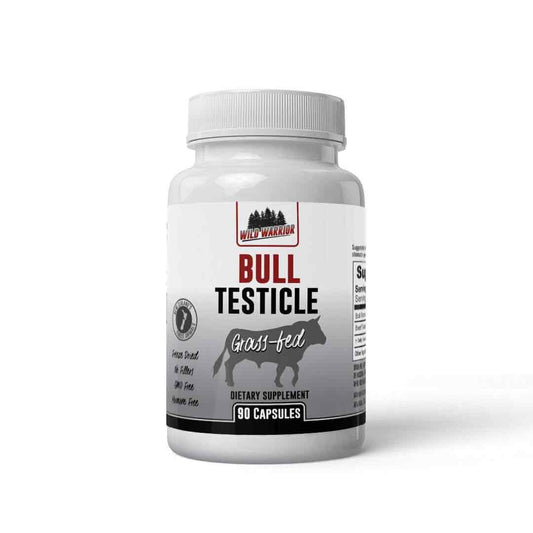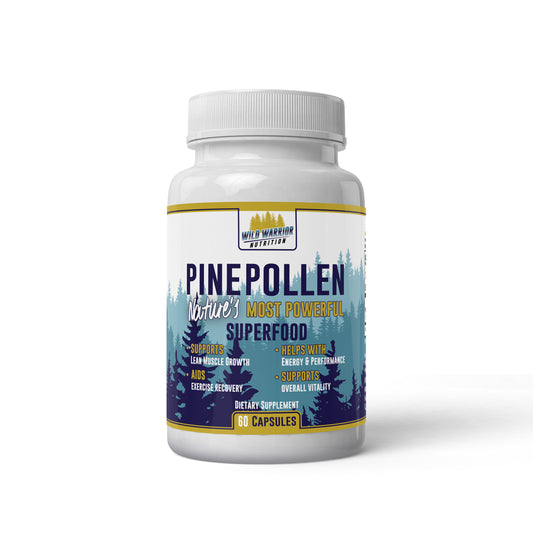Creatine is one of the most popular supplements among athletes and fitness enthusiasts, especially those looking to build muscle and enhance physical performance. But a question often arises: "Do you need to load creatine?" Here is what we could find on the subject.
Creatine loading is a practice that involves taking a high dose of creatine (usually around 20g) daily for about 5-7 days1. This process is intended to quickly saturate the muscles with creatine, leading to rapid increases in strength and muscle mass2. After this initial loading phase, a lower maintenance dose of around 2-3g per day is recommended to maintain the elevated creatine levels1.
However, a few of the recommendations we found did not take into account how much creatine was in the diet to begin with. This variable is likely very important, especially for vegans or those eating foods with little to no creatine.
Recent studies we found suggest that creatine loading may not be necessary for everyone. A study published in the Journal of Physiology found that while a rapid creatine loading strategy can quickly saturate human skeletal muscle, it can also be maintained or achieved over time simply ingesting 2g per day1.
This is likely the case for someone eating adequate amounts of creatine rich foods like meat and eggs, which we did find referenced in one meta-analysis.
Furthermore, prolonged creatine supplementation without a loading phase has been observed to maintain the initial increase in body mass and improve sprint and endurance performance3.
In the meta-analysis mentioned above, it highlights the rapid effects of creatine on muscle volume indicating that short-term creatine-loading regimens can increase the ability to perform higher sets and weight of an exercise a, suggesting that loading is a great tool for seeing immediate performance gains4.
However, this same meta-analysis highlighting the benefits of performance from loading, also notes that:
After creatine supplementation, some individuals experience a marked increase in muscle creatine concentrations (>30%), whereas others experience little or no change. Several factors can explain this large inter-subject variability, but initial muscle creatine content may be the most important determinant of muscle creatine uptake after supplementation. For instance, subjects with lower muscle creatine concentrations have the largest increase in muscle creatine after supplementation.
So while a lot of research on creatine seems to indicate loading may not be necessary, there is some evidence that those deficient in creatine can indeed benefit from taking a higher dose in the beginning of their cycle. Same goes for those looking for immediate performance gains.
In conclusion, while creatine loading can quickly saturate the muscles with creatine and potentially lead to rapid gains in strength and muscle mass (when needed), it's not a requirement. You can still reap the benefits of creatine supplementation with regular, lower doses.
If you choose to load though, you probably won't do any harm if you already have plenty of creatine in your diet. Just know that the muscles can only hold so much, so you could be wasting your money if your body doesn't need it.
As always, it's important to consult with a healthcare professional before starting any new supplementation regimen to ensure creatine is suitable for you.






